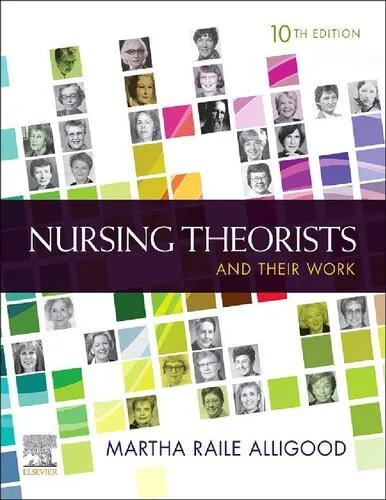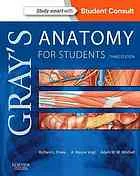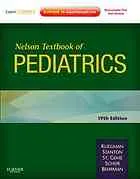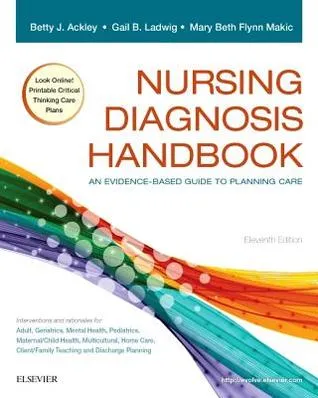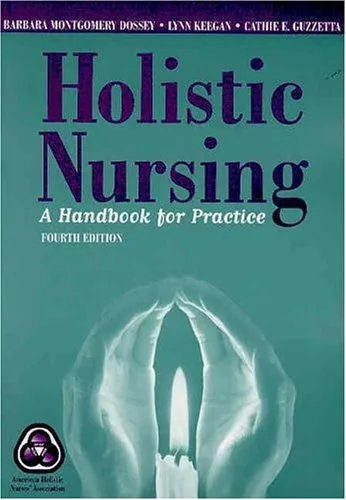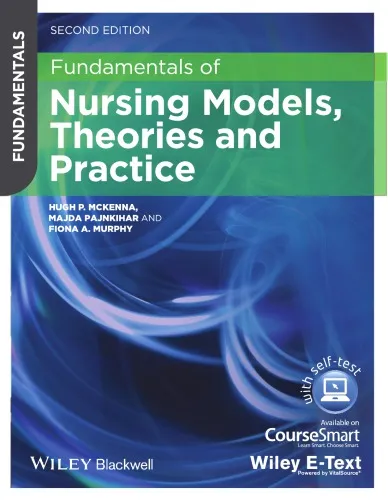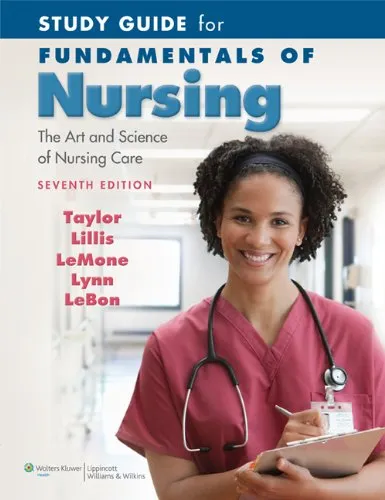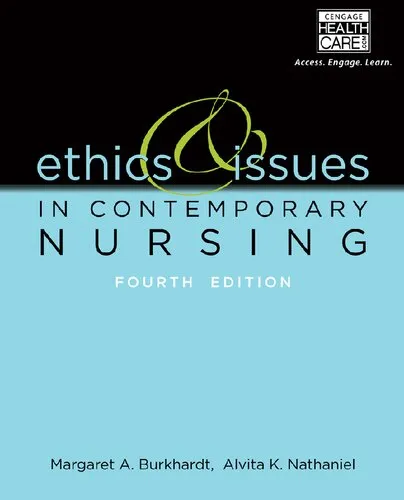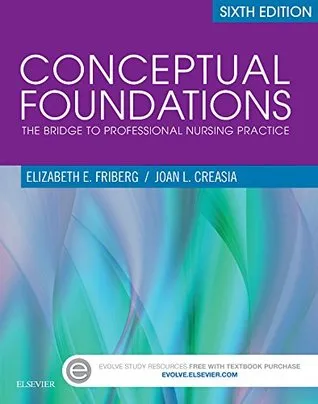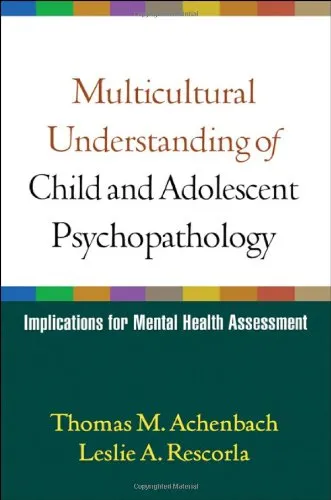Nursing Theorists and Their Work
5.0
Reviews from our users

You Can Ask your questions from this book's AI after Login
Each download or ask from book AI costs 2 points. To earn more free points, please visit the Points Guide Page and complete some valuable actions.Related Refrences:
Introduction to "Nursing Theorists and Their Work"
"Nursing Theorists and Their Work" is an essential resource for nursing students, educators, researchers, and practitioners. Authored with thorough research and clarity, this comprehensive text serves as a cornerstone for understanding the conceptual and theoretical foundation of nursing. It delves into the lives, philosophies, and contributions of renowned nursing theorists while providing practical applications of their theories in modern healthcare.
The book recognizes that nursing is not just a profession but a deeply theoretical and practice-based discipline. By interconnecting theory and practice, it aims to educate its readers about the evolution of nursing knowledge, providing them the tools to critically think, reflect, and apply these foundational theories in everyday clinical settings.
Detailed Summary of the Book
In "Nursing Theorists and Their Work," notable nursing thinkers and their contributions are meticulously documented to provide a comprehensive understanding of the field of nursing theory. This book explores essential nursing philosophies, models, and frameworks that have shaped the discipline over decades. Each theorist's section includes biographical details to introduce their personal journeys, the philosophies that influenced their work, and the historical context of their theories. Accompanying the theoretical explanations are real-world applications and exemplars demonstrating how these abstract concepts translate into practice.
Key figures discussed in this book include Florence Nightingale, who laid the foundation of modern nursing, and other pivotal theorists such as Virginia Henderson, Dorothea Orem, Jean Watson, Madeleine Leininger, and Patricia Benner. Their work is presented in an organized manner, highlighting their theoretical concepts, assumptions, propositions, and how they address the core metaparadigms of nursing: person, environment, health, and nursing itself.
Additionally, the book emphasizes the relationship between nursing theory and research, illustrating how theory guides evidence-based practice. It also introduces new and emerging perspectives in nursing theory, bridging the gap between classical theorists and contemporary approaches. For students and practitioners alike, this book provides the language, depth, and context required to engage with nursing knowledge meaningfully.
Key Takeaways
- The book provides an in-depth historical context for the development of nursing theory.
- It emphasizes how theoretical frameworks influence modern nursing practices and patient care.
- Readers gain a structured understanding of the key metaparadigms of nursing: person, health, environment, and nursing.
- The inclusion of real-world applications bridges the gap between theoretical concepts and practical implementation.
- The book fosters critical thinking and reflective practice, essential for professional growth.
Famous Quotes from the Book
"Nursing theory is the heart and soul of the nursing profession—it provides direction, purpose, and meaning to the care that nurses deliver."
"Understanding nursing theories helps practitioners view each patient holistically, considering their physical, emotional, and cultural needs."
"Only by studying and applying theoretical frameworks can nurses truly position themselves as leaders in the broader healthcare system."
Why This Book Matters
Nursing is an ever-evolving discipline, and "Nursing Theorists and Their Work" equips its readers with the theoretical lens necessary to understand this dynamic profession. The book plays a pivotal role in nursing education, helping students develop a deep appreciation for the historical and intellectual foundations of their field. It not only invigorates interest in nursing theory but also underscores its relevance to modern practice.
For practicing nurses, it is a valuable resource to reassess their methods and incorporate evidence-based practices into patient care. For educators, it serves as an indispensable teaching tool. And for researchers, it opens avenues for investigating theoretical assumptions and applying them to 21st-century health challenges.
By advancing the understanding of nursing theories, this book frames nursing as both an art and a science—one that requires empathy, critical thinking, and intellectual rigor. It ensures that the vital contributions of nursing theorists are preserved, studied, and used to inform practice, guiding the profession toward continued excellence.
Free Direct Download
You Can Download this book after Login
Accessing books through legal platforms and public libraries not only supports the rights of authors and publishers but also contributes to the sustainability of reading culture. Before downloading, please take a moment to consider these options.
Find this book on other platforms:
WorldCat helps you find books in libraries worldwide.
See ratings, reviews, and discussions on Goodreads.
Find and buy rare or used books on AbeBooks.
1282
بازدید5.0
امتیاز0
نظر98%
رضایتReviews:
5.0
Based on 0 users review
Questions & Answers
Ask questions about this book or help others by answering
No questions yet. Be the first to ask!
